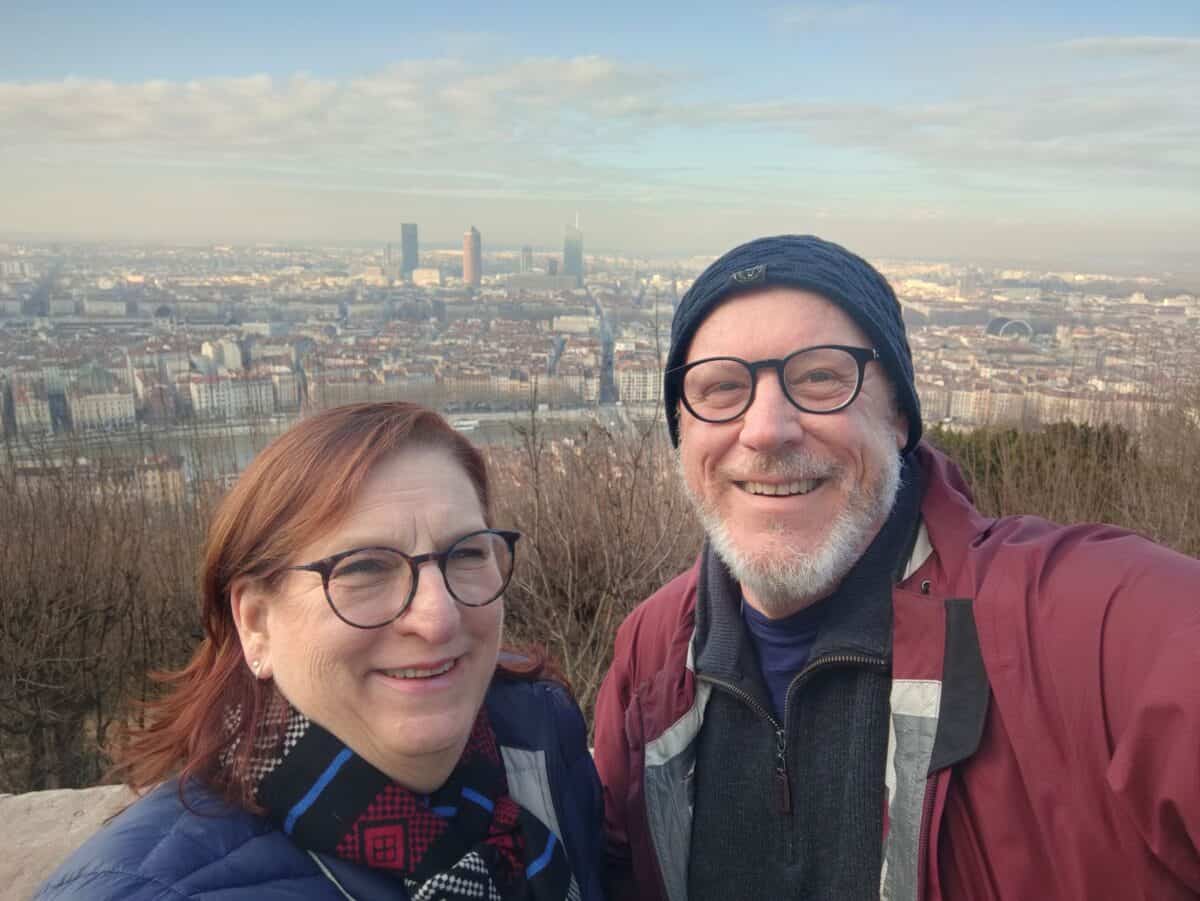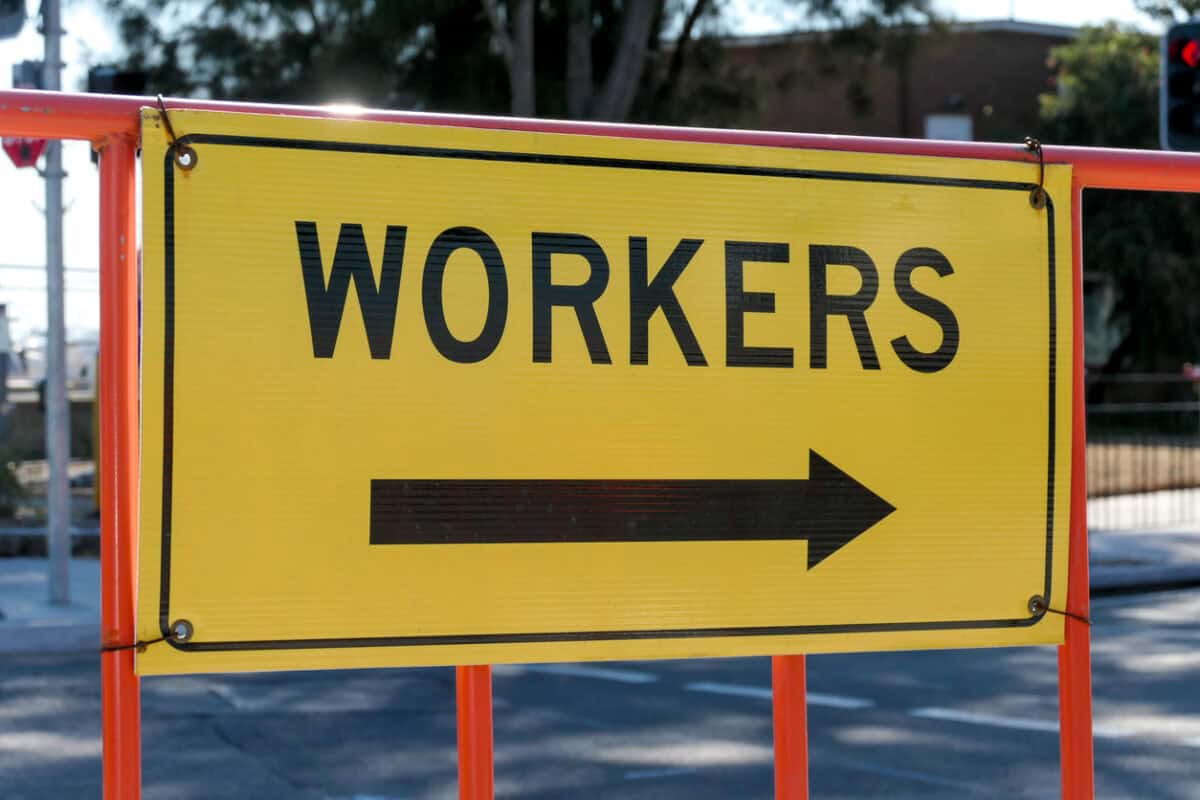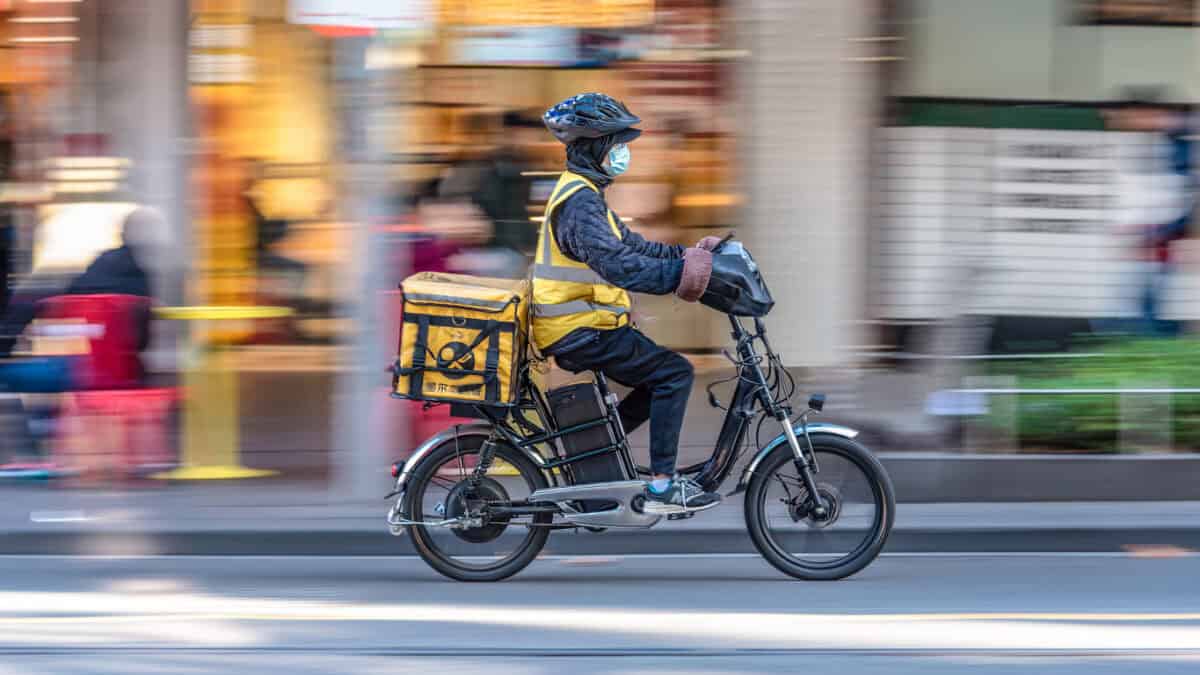The President of the United States has always been recognised as a major leader. The morality they display spreads to global corporate leaders, especially those in the United States, and is promoted by these leaders, business institutions and management publications to business leaders and senior executives in Australia. That is why some of President Donald Trump‘s recent comments are so concerning.
Category: politics
Respect as a Social Obligation, Not Just a Workplace Duty
Most of you will have been able to determine some of my values from the thousands of articles I have written here, but sometimes it is worth stopping, reviewing and clarifying. I met a friend in Zurich of a different political leaning from mine last week who, in a simple way, confirmed some of my thoughts.
He said that we need to respect each other. This is not difficult, but it can create enormous conflict and anxiety, especially as we continue to learn how traditional categorisations and approaches are no longer valid and may never have been.
Workplace Suicides Becoming Australia’s Next Regulatory Flashpoint
You should have heard by now that Safe Work Australia (SWA) has come through with guidance on having work-related suicides included in each jurisdiction’s occupational health and safety (OHS) legislation as incidents that will require notification to the local OHS regulator. If you haven’t, get a new OHS or Human Resources (HR) adviser because the future will be a bumpy, uncomfortable and challenging ride.
Warning: this article discusses suicide.
What the Whitlam dismissal meant for workers’ compensation in Australia
The media is providing extensive coverage of the 50th anniversary of the dismissal of the Whitlam government on 11 November 1975. Shortly before that date, Australia came within a whisker of mirroring New Zealand and gaining a national no-fault accident compensation scheme.
This would have provided:
“.a national rehabilitation and compensation scheme for Australia so that all who suffer disabling injuries, whether at home or at work, are provided with adequate income cover.”
Below is an article I wrote about this missed opportunity in October 2014 shortly after Whitlam’s death.
Decent Work is so 2015
Australia’s Prime Minister, Anthony Albanese, has talked about occupational health and safety (OHS)….. a bit. On November 4, 2025, the PM addressed the IndustriALL Global Union 4th Congress. According to the congress’ website it:
‘…will bring together trade union representatives from around the world to discuss the future of work and reinforce their collective commitment to fundamental rights and social justice.”
So, it would be odd if OHS were not mentioned or discussed. (The Congress does maintain an OHS page)
Another Step on the Long Road to Protecting Gig Workers
On October 21, 2025, the Australian Capital Territory’s Parliament debated (page P3249) expanding workers’ compensation to gig workers. Impediments to change were similar to those mentioned in various parliamentary inquires and debates ever since gig work developed into an industry sector and gig workers started to die at work. But the amendment passed so progress was made.
NSW Debates Dollars While Workers Break Down
In New South Wales, reduced workers’ compensation for those workers suffering from a mental injury remains a politically hot topic. Independent Member of Parliament, Alex Greenwich, asked the Minister for Work Health and Safety, Sophie Cotsis, about maintaining “the sustainability of premiums”. This opened the door for Cotsis to inform the House and to attack the (Conservative) opposition. The debate highlighted the continuing misdirection from much more important and key occupational health and safety (OHS) reforms.







